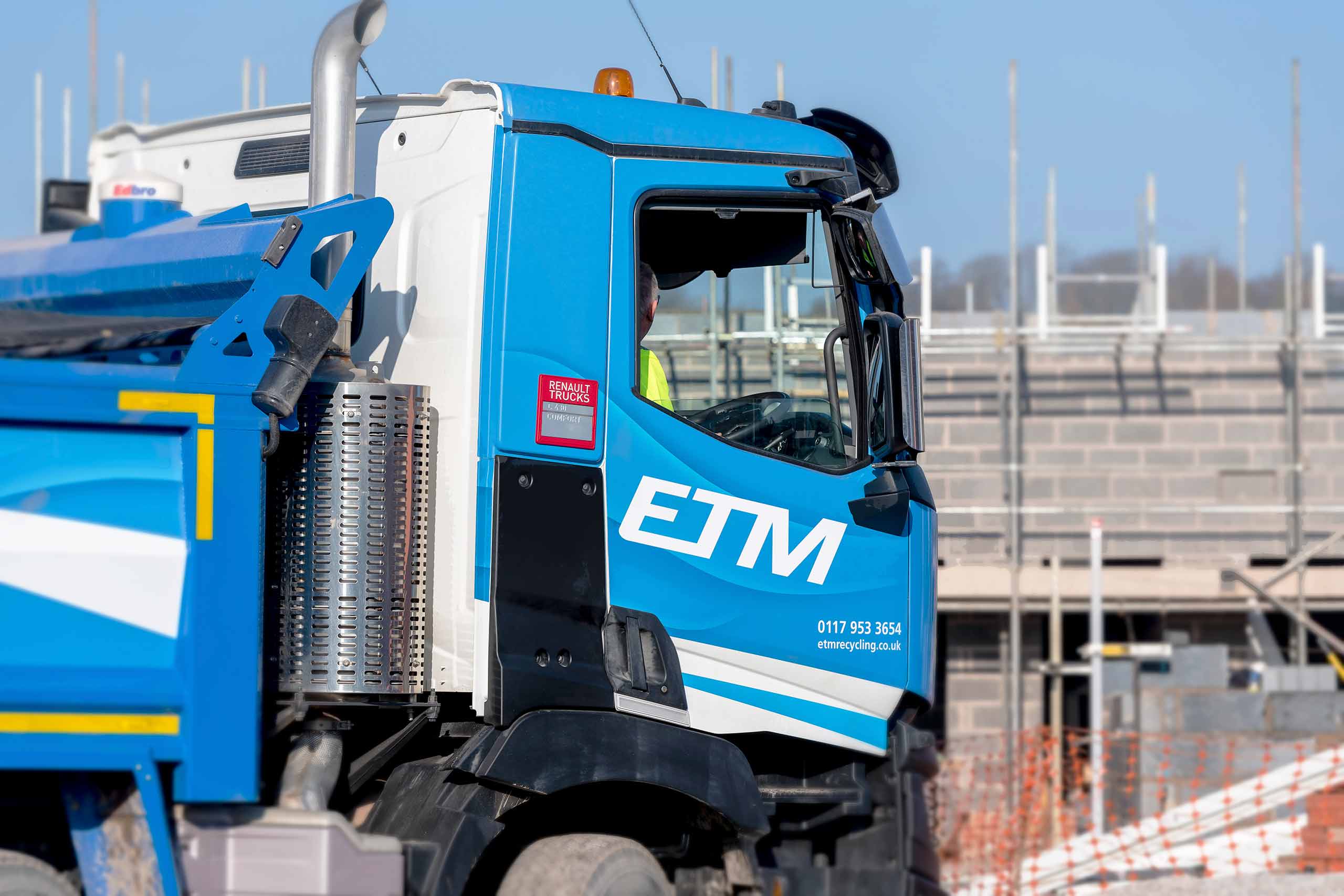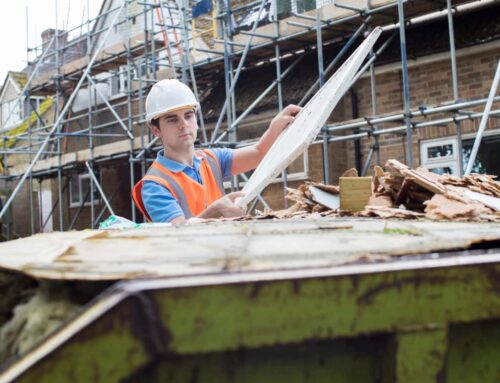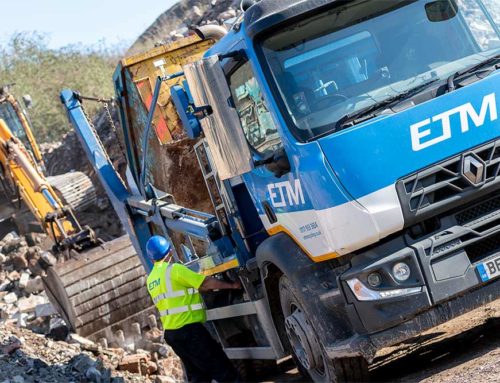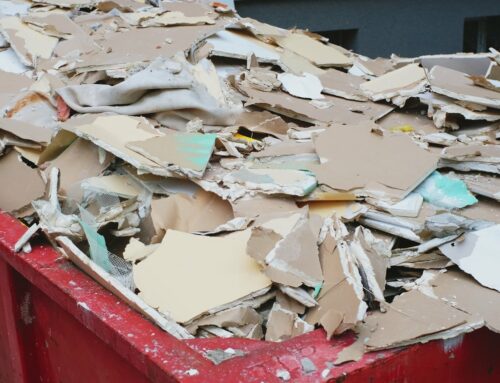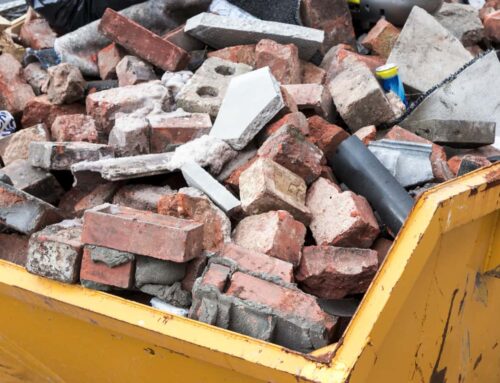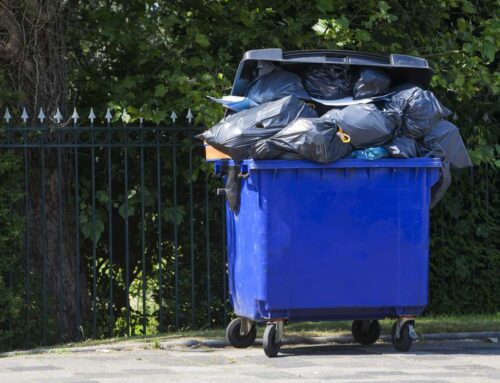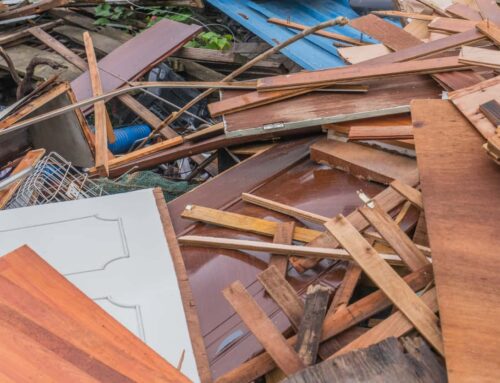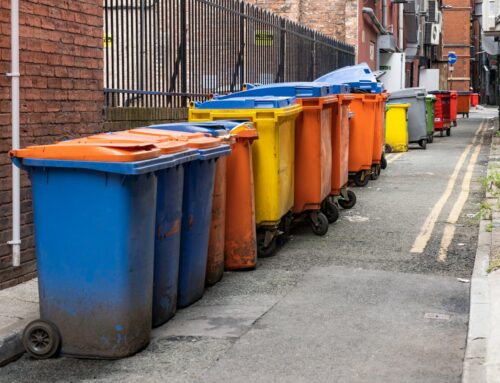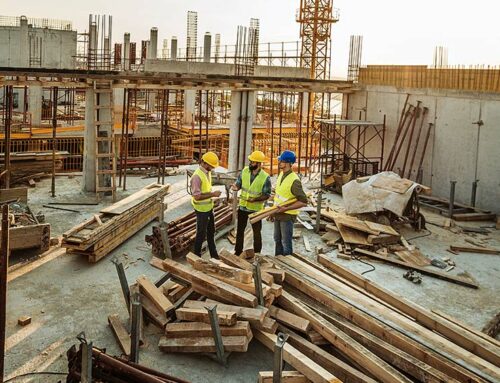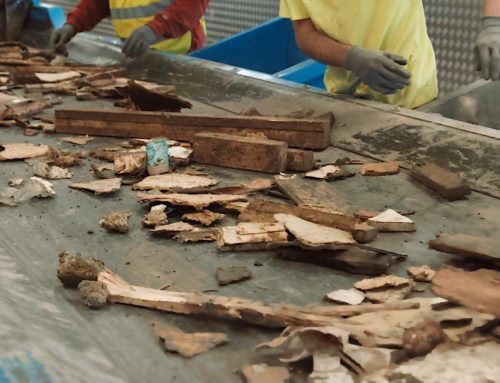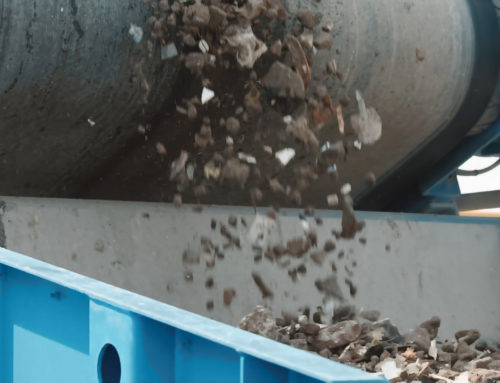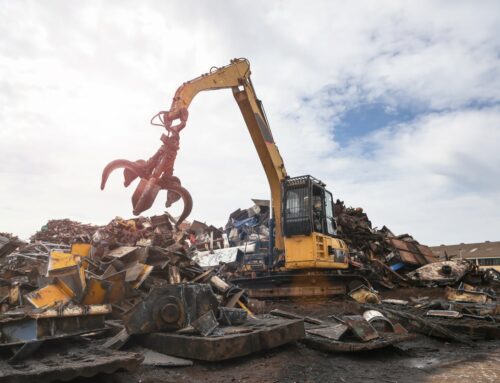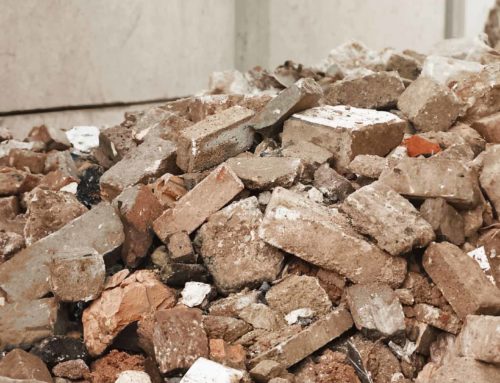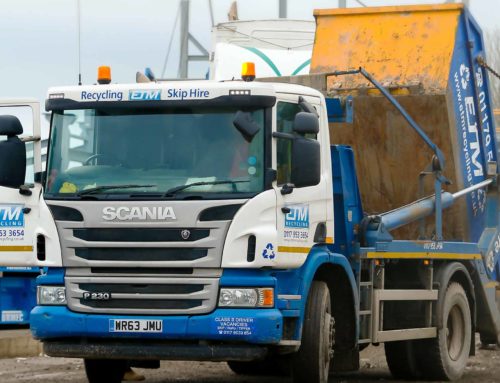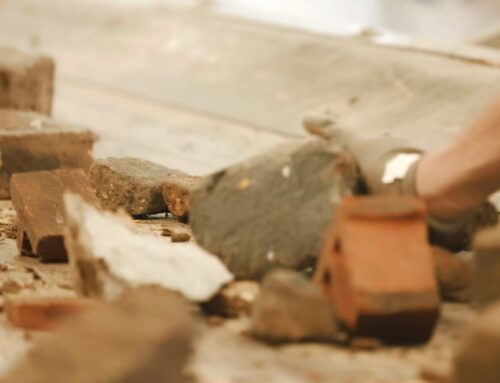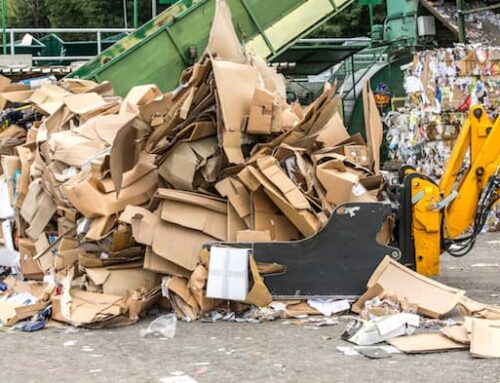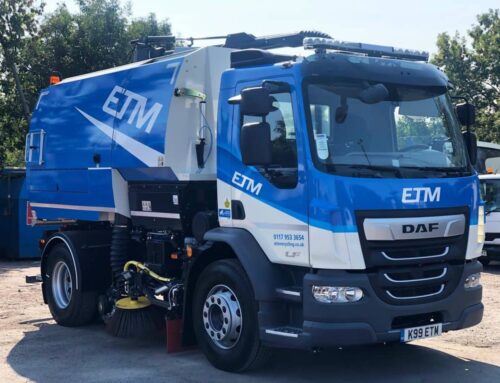A waste management plan is a vital roadmap for businesses across all sectors. By following a well-prepared waste management plan, businesses can cut costs and reduce their environmental impact by diverting waste from landfill. Construction and demolition businesses benefit from a plan the most, as 32% of landfill waste comes from construction and demolition of buildings, and as much as 13% of products delivered to construction sites are sent directly to landfill without being used (Technology Strategy Board).
If you are a business looking to better manage your waste, specifically in construction or demolition, use this guide from the expert team at ETM Recycling.
See our waste management services.
What is a Waste Management Plan?
A waste management plan outlines how large amounts of waste created by a business will be managed and dealt with, including estimates of waste type, volume and management method.
Plans specifically for construction and demolition are called Site Waste Management Plans (SWMP) which account for waste created across an entire project. For projects between £300,000-£500,000 a basic SWMP is necessary, however for projects over £500,000 an advanced SWMP is required.
Created prior to the project beginning, a SWMP begins with initial waste audits and estimates, then the planning of waste management by a licenced waste management provider such as ETM Recycling. Once created, the SWMP is a maintained document, with processes, costs and volumes tracked in accordance with predictions. Records of waste movement, Waste Transfer Notes, are also kept as well as updates on waste reused, recycled, recovered and disposed of.
Our waste data reporting services >
By planning waste management before beginning a project, businesses save money, time and the environment. Processes agreed on are streamlined; such as waste container hire, collection frequency and associated services. Additionally, as costs are laid out early on and contracts created, projects remain on budget.
What does a Waste Management Plan Include?
A SWMP initially identifies key project information such as responsible figures; clients and principle contractor, and project specifics such as cost and location.
Information about waste includes:
- A description of the waste types predicted to be produced over the project, such as hazardous or controlled waste.
- An estimate of the volume of waste produced over the project.
- Description of measuring methods, i.e. X number of skips, X tonnes of waste.
- The waste management method for each waste type, from how the waste will be responsibly stored to whether waste will be reused, recycled, recovered or disposed of.
- Records of waste quantities, management and collections.
A SWMP should also outline how responsible people will ensure waste is handled in effective ways and in accordance with their duty of care.
Are Waste Management Plans Required by Law?
Having a SWMP is not required by law for construction and demolition projects in England, yet the Government does give guidance. Previously, before 2013, SWMPs were compulsory for construction projects.
See all waste management guidance and regulations here.
However, all construction companies (like any business that produces waste such as commercial) must manage waste properly as set out by their Duty of Care in the Environmental Protection Act, s.34.
See more: Waste Management Regulations – The Importance of Regulation in The Industry
Waste Management Plan Benefits
There are many advantages to having a waste management plan, especially for construction companies. Here are some of the top benefits:
Environmental consideration
When clients and contractors know what waste will be created and how much, they can plan recycling and reuse services accordingly, ensuring waste that can be better processed, is. This is far preferable to landfill in which greenhouse gases are created, contributing to climate change.
Effectiveness
By assessing waste volume and type prior to and continually throughout a project, changes can be made to orders and processes to ensure the amount of waste created is reduced. Not only will materials be used more effectively, but also less time is spent on excess materials.
Save Money
Disposing of waste at landfill can be costly, especially large amounts, so alternative management methods of recycling, reusing and recovery can save money. Additionally, by using materials more effectively and reducing the amount of waste, money is saved.
Reduce Fly-Tipping
If an effective SWMP isn’t in place, construction businesses or contractors may become complacent or try to cut corners in regard to waste management. Fly tipping, although a serious offence with possible fines and even prison sentences, is common for construction waste. This can have negative environmental impacts and should be avoided with proper waste management by licenced providers.
Get Started with ETM Recycling
ETM Recycling are experienced waste management providers who service and assist businesses in all industries in and around Bristol and Bath. With our state-of-the-art material recovery facility in South Bristol, own extensive fleet of vehicles and multiple skip hire, we have the ability and expertise to assist with all stages of waste management. Striving for zero waste to landfill, we champion an eco-friendly approach to waste and help businesses achieve better environmental impact.
If you are looking to improve your waste management or put together a waste management plan, consult our specialist team at ETM Recycling.
See more: Waste Removal Services – What Are The Different Types of Waste Removal?
See more: Outsourced Waste Management – What Are The Benefits of Outsourcing Your Waste Management?
